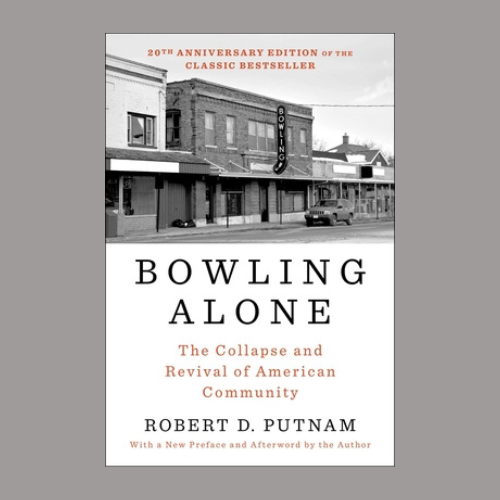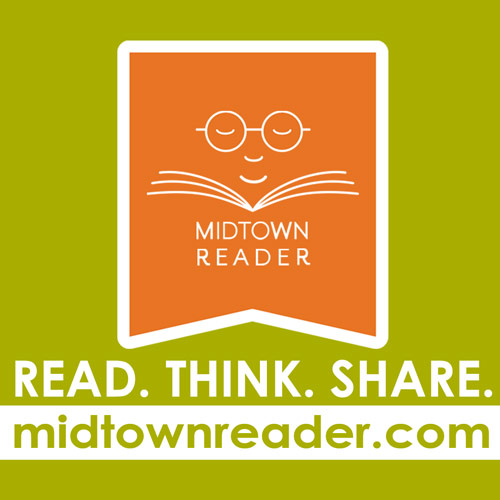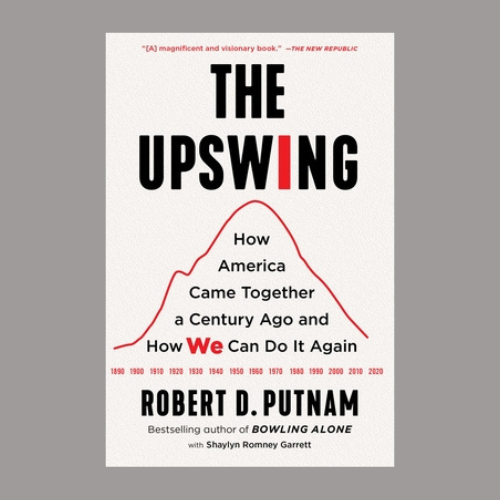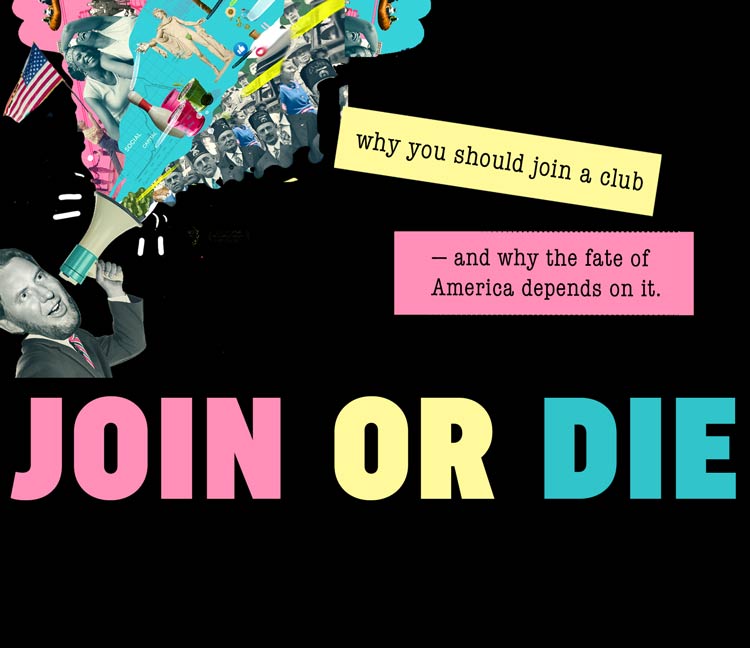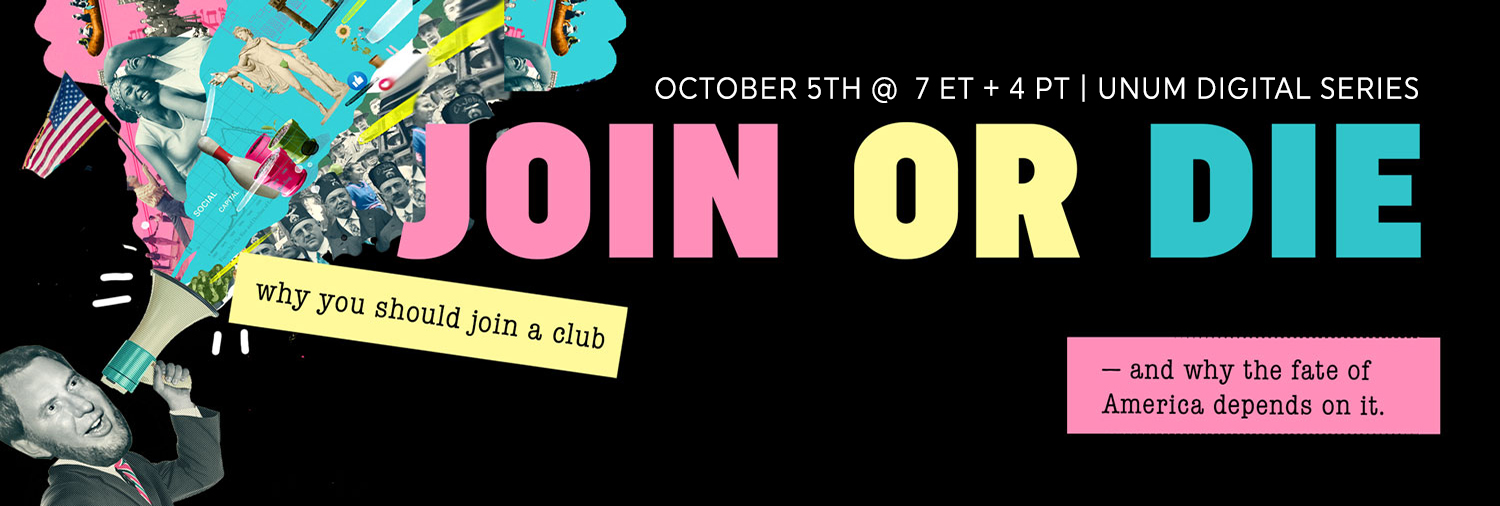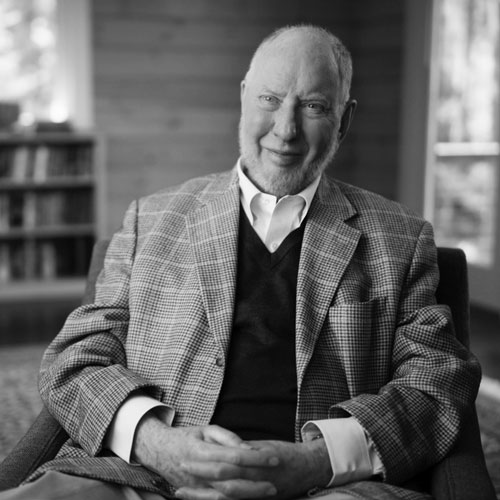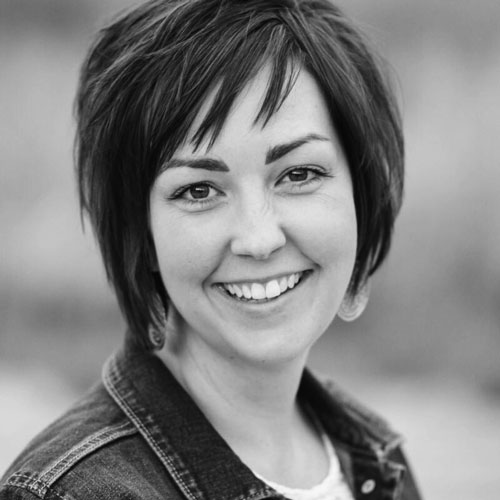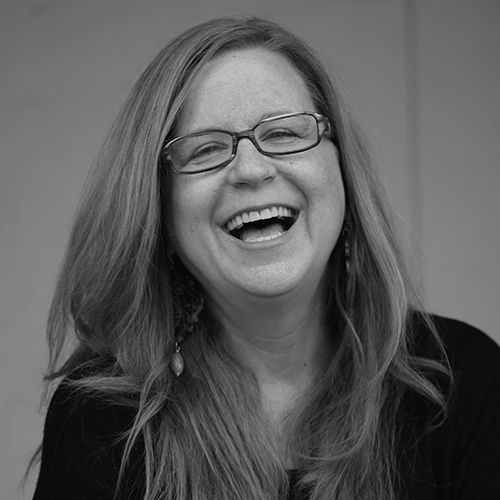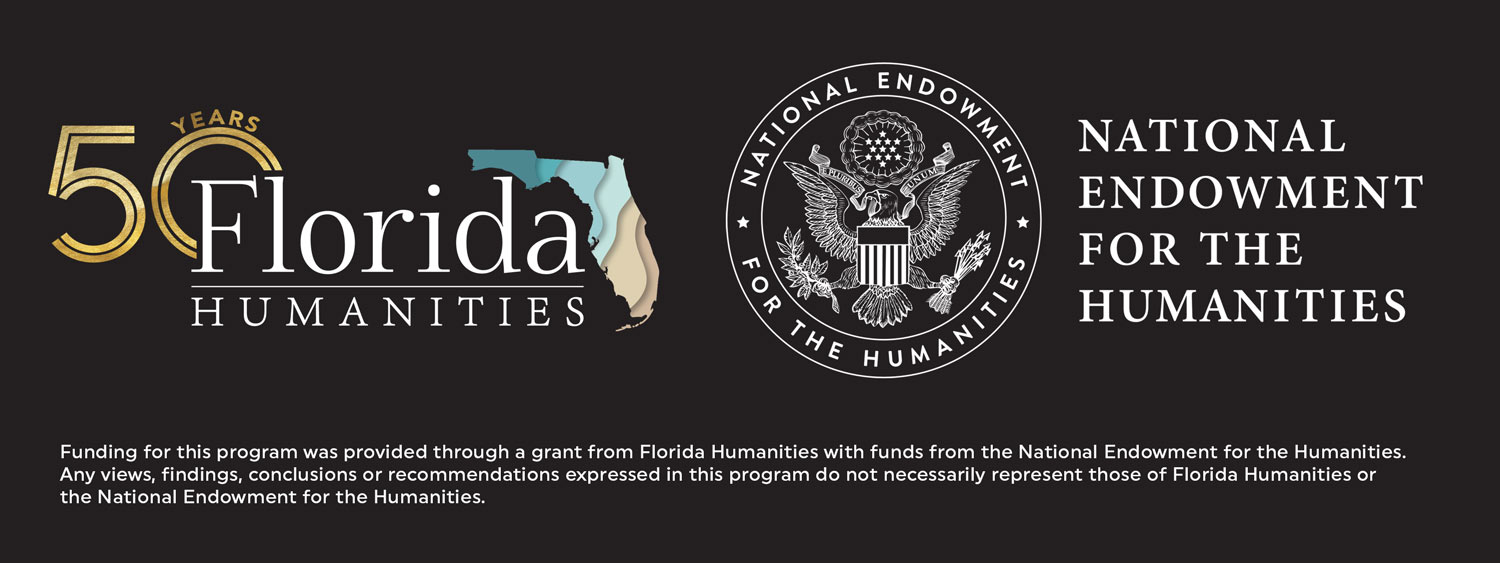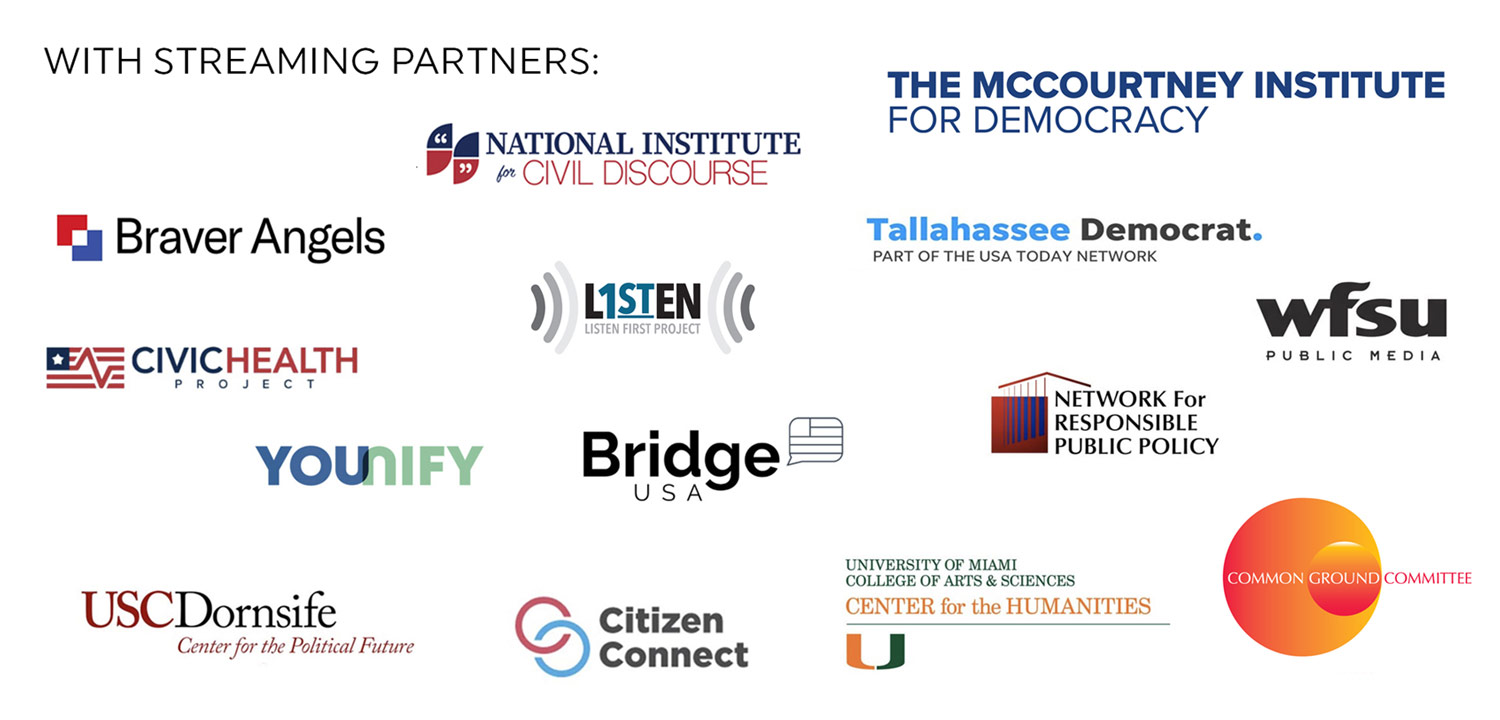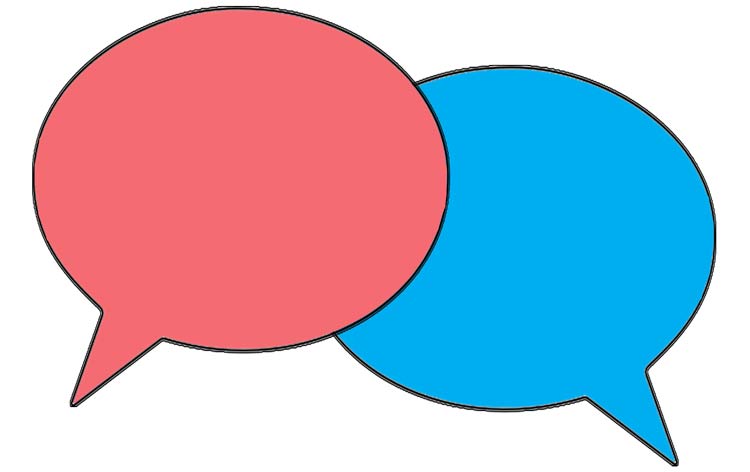
Then meet Bob Putnam.Then join a club.
Robert Putnam & Shaylyn Romney Garrett | Join or Die: Why you should join a club – and why the fate of America depends on it
“Our national myths often exaggerate the role of the individual heroes and understate the importance of collective effort.
“Our national myths often exaggerate the role of the individual heroes and understate the importance of collective effort.”
—Robert Putnam
This is when you meet a living legend and get the benefit of his thinking on the topic he’s been brilliantly, prophetically right about for more than three decades: the deterioration of our connectedness with each other across almost every demographic and every aspect of our lives—our loss of social capital. And yet here we are, painfully and tragically paying the price for our failure to put our shoulders to this wheel when it was (almost eerily) knowable when Dr. Robert Putnam first articulated the societal trend in his iconic book “Bowling Alone: The Collapse and Revival of America Community” (we’ve just re-read it, and we’re still not sure he’s not secretly a time-traveler). Joined by Shaylyn Romney Garrett, his co-author on “The Upswing: How America Came Together A Century Ago and How We Can Do It Again,” they’re beseeching us to do it now (and we’re doing just that, until the end of 2024). Bonus: they’re showing us that what we need to do is actually fun, fills our souls—and might just save our country.
This event is via Zoom and Facebook Live. When you register for this event, you’ll get a link to screen the film “Join or Die” online between Friday, September 8th and Sunday October 8th. Bowling Alone and The Upswing are both available for purchase at Midtown Reader.
We’re delighted to welcome streaming partners Braver Angels, McCourtney Institute for Democracy, National Institute for Civil Discourse, BridgeUSA, Listen First Project, USC Dornsife Center for the Political Future, Common Ground Committee, Civic Health Project, TP&R podcast, YOUnify, Citizen Connect, Center for the Humanities at University of Miami, Tallahassee Democrat, WFSU Public Media, and Network for Responsible Public Policy.
To learn more about our very special guests, click “more.”
MORE
Harvard professor Robert D. Putnam is America’s preeminent political scientist — and one of the most widely read and cited social scientists living today. Author of fourteen books, translated into twenty languages, his work focuses on asking big questions about American society. His groundbreaking “Bowling Alone” research — which demonstrated that levels of American community connections were in decline over the past half-century — rocketed Putnam to national fame in the late 1990s, that earned him the moniker of “the poet laureate of civil society.”
Shaylyn Romney Garrett is a passionate believer that everyday interactions are where we do the “heart work” required to transform our hyper-individualistic culture and reclaim the power of “We.” She is the co-author with Dr. Putnam of “The Upswing” which has been acclaimed as “a magnificent and visionary book,” and “a must-read for those who wonder how we can reclaim our nation’s promise.” She writes about her personal journey back to community on her blog and newsletter, Project Reconnect.
*Funding for this program was provided through a grant from Florida Humanities with funds from the National Endowment for the Humanities. Any views, findings, conclusions or recommendations expressed in this program do not necessarily represent those of Florida Humanities or the National Endowment for the Humanities.
READ LESS
